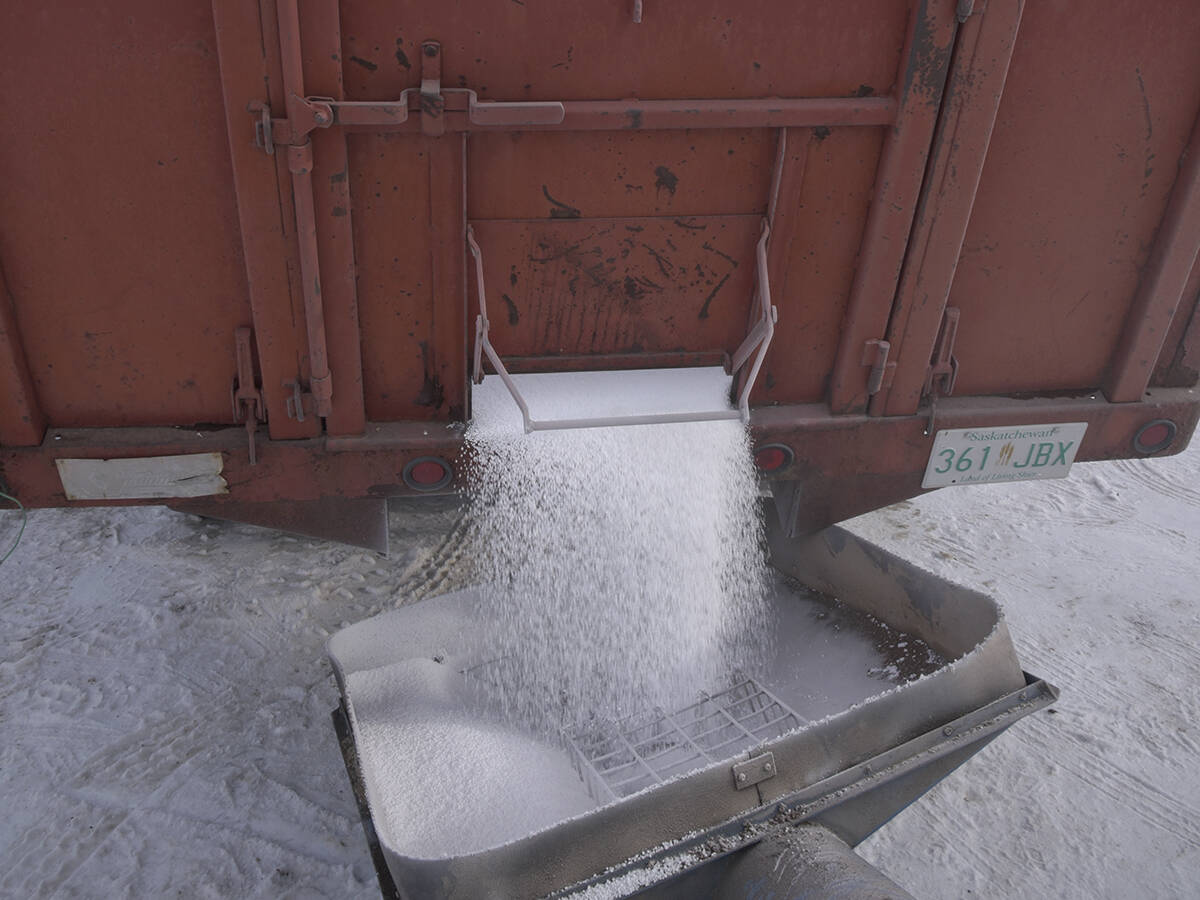It’s simply not possible for a new independent owner to make a viable business of the Agricore United grain terminal at Vancouver, according to AU officials.
In a number of legal briefs filed last week with the federal competition tribunal, the grain company says that’s evident from the experience of Terminal One Vancouver in trying to buy the terminal.
“It has become clear … that a prospective purchaser will not be able to secure enough independent grain to operate the terminal on a sustainable basis,” the company said.
Read Also

Urea prices heading higher: analyst
A fertilizer market analyst thinks urea prices have bottomed out and are heading higher through the first quarter of 2026.
AU is asking the tribunal to rescind a 2002 decision by the federal competition bureau ordering the company to sell one of its two grain terminals at the port.
AU and Terminal One Vancouver, a consortium of five Saskatchewan-based independent grain terminals, announced a sales agreement in May.
However Terminal One’s efforts to finalize the purchase of the 102,070 tonne terminal have foundered on its inability to bring enough new partners on board to ensure enough grain moves to the
facility.
All the potential partners have existing handling agreements with the big four grain companies that own Vancouver’s port terminals – AU, Saskatchewan Wheat Pool, Cargill and James Richardson International.
AU went to the tribunal, an independent quasi-judicial body, after the competition bureau refused to give AU and Terminal One a two-week extension in their effort to finalize a deal.
The companies had faced an Aug. 15 deadline to close the deal, after which the sale of the terminal was to be turned over to a trustee appointed by the bureau.
In documents filed with the tribunal, AU argues it should no longer be forced to sell one of its two Vancouver terminals.
It says the grain handling market at the port has changed significantly since the original divestiture order was issued in 2002.
Grain volumes moving through the West Coast have failed to live up to projections of 10 or 15 years ago, resulting in chronic over-capacity at the port.
As a result, small independent grain companies have had no trouble securing access to export terminals at the port, an issue which was key to the 2002 divestiture order.
“Excess capacity creates a strong incentive for port terminal operators to vigorously compete for any available independent grain,” the company said.
“(It is clear that) independent grain companies have been able to secure long-term access to the port of Vancouver through handling agreements.”
Consolidation in the grain industry means there is less uncommitted grain available to be shipped to the port, and there has been a trend toward long-term handling agreements between terminal operators and country shippers.
The bottom line, says AU, is that the issues of competition and market concentration that led to the 2002 divestiture order no longer exist, and so the order should be rescinded.














